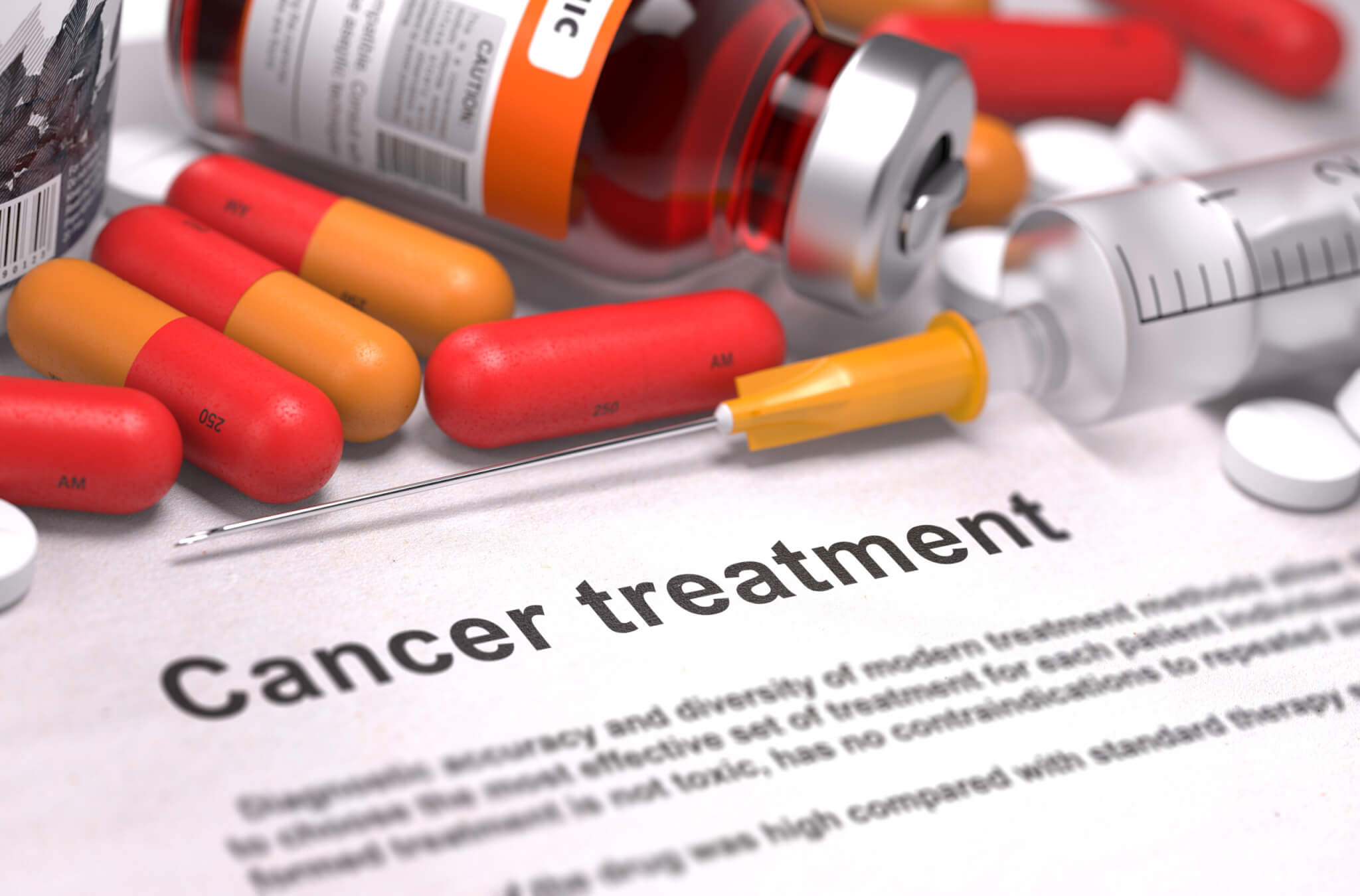AMSTERDAM — A concerning trend has been uncovered in the approval of cancer drugs by the European Medicines Agency (EMA). Dutch researchers found that many of these drugs approved between 1995 and 2020, especially those fast-tracked through expedited approval processes, fail to show significant added benefits for patients.
This revelation comes amid rising global spending on oncology drugs, projected to increase from $167 billion in 2020 to $269 billion by 2025, and raises questions about the alignment between drug pricing, research and development (R&D) costs, and the actual value these medications provide to patients.
The concept of “added benefit” refers to the additional therapeutic value a new drug offers over existing treatments. It’s a crucial metric for evaluating whether a new medication genuinely advances patient care or merely adds to the financial burden without significant health improvements.

This study stands out for its rigorous analysis, drawing on evaluations from various health technology assessment (HTA) agencies, medical oncology societies, and a drug bulletin. These organizations play a pivotal role in assessing the value of new drugs, guiding crucial decisions on clinical use and reimbursement by health care systems. Their assessments are based on comparing the effects of a new drug against those of the best available alternative, a process that goes beyond the benefit-risk assessments typically performed by regulatory authorities like the EMA.
The findings of the study raise concerns about the current state of oncology drug approvals, particularly through expedited pathways such as conditional marketing authorization (CMA) and authorization under exceptional circumstances (AEC). These fast-track approvals are designed to bring treatments to patients more quickly, especially in cases where there are no other effective options available. However, the study reveals that drugs approved via these routes are more likely to have a negative or non-quantifiable added benefit compared to those undergoing the standard approval process.
“This underscores the need for better alignment between regulatory and reimbursement processes, particularly for drugs approved through expedited pathways,” study authors say in a media release.
Despite the lack of robust evidence of added benefit for many of these drugs, the study shows that they still manage to generate substantial revenue. In fact, more than half of the drugs examined were able to recover their median R&D costs of $684 million within just three years of hitting the market. This rapid return on investment occurs even for drugs that fail to demonstrate significant therapeutic advances, challenging the pharmaceutical industry’s argument that high drug prices are necessary to cover R&D expenses.
Moreover, the study highlights a concerning trend: an increasing number of oncology drugs are being approved based on less comprehensive evidence, such as non-randomized trials or surrogate endpoints that do not directly measure clinical benefit. This approach can lead to significant uncertainty when it comes to determining the real value these drugs offer to patients.
In light of these findings, researchers call for a more aligned approach between regulatory and reimbursement processes, especially for drugs approved through expedited pathways. Such alignment would ensure that only the most effective drugs, those that meet the critical needs of patients, are developed and brought to market. The study also underscores the importance of reevaluating the incentives within the pharmaceutical market to ensure they truly align with patient interests.

“These findings could inform policy initiatives in the field of drug regulation and reimbursement, contributing to equitable and sustainable patient access to innovative treatments,” study authors explain.
As the cost of cancer care continues to rise, it’s imperative that policymakers, health care providers, and the pharmaceutical industry work together to address these challenges. By fostering a health care ecosystem that prioritizes the development of genuinely innovative and beneficial treatments, we can ensure that patients have access to the care they need without being burdened by unjustifiable costs.
The study is published in The BMJ.

Hi there..I was diagnosed with Acute myeloid leukemia and chronic myeloid, I did chemotherapy last year from March until October and now earlier this year I was told that the cancer has cone back and they can not treat It…so am asking for help…what do I do now …please help